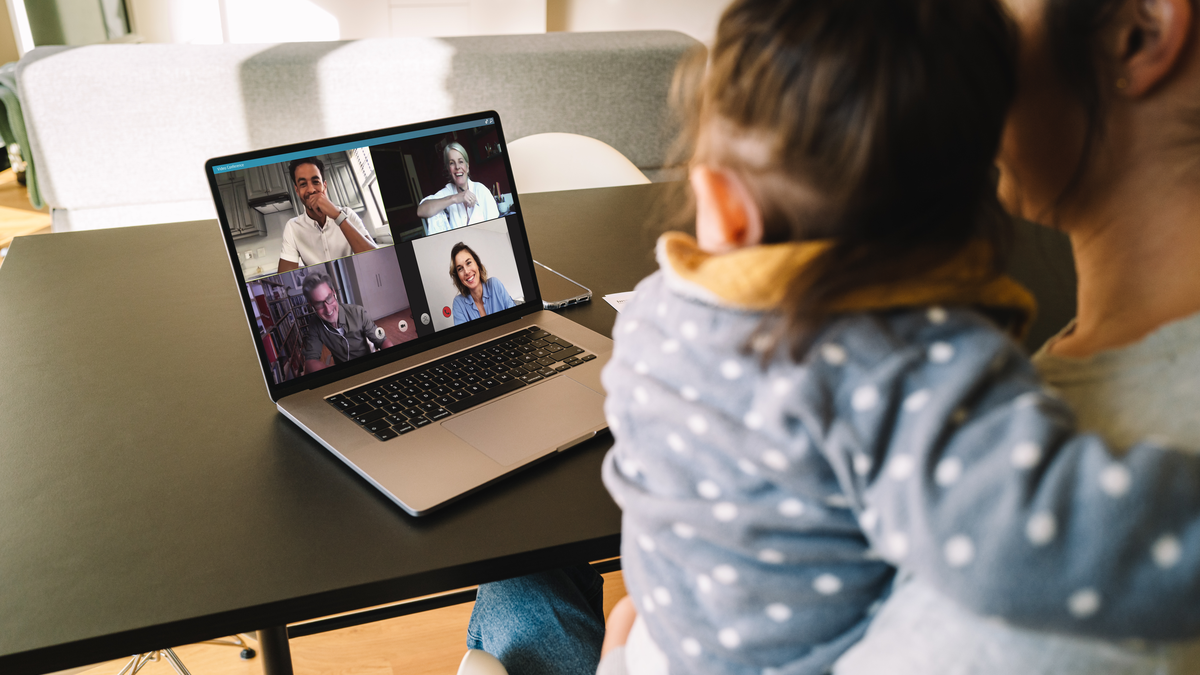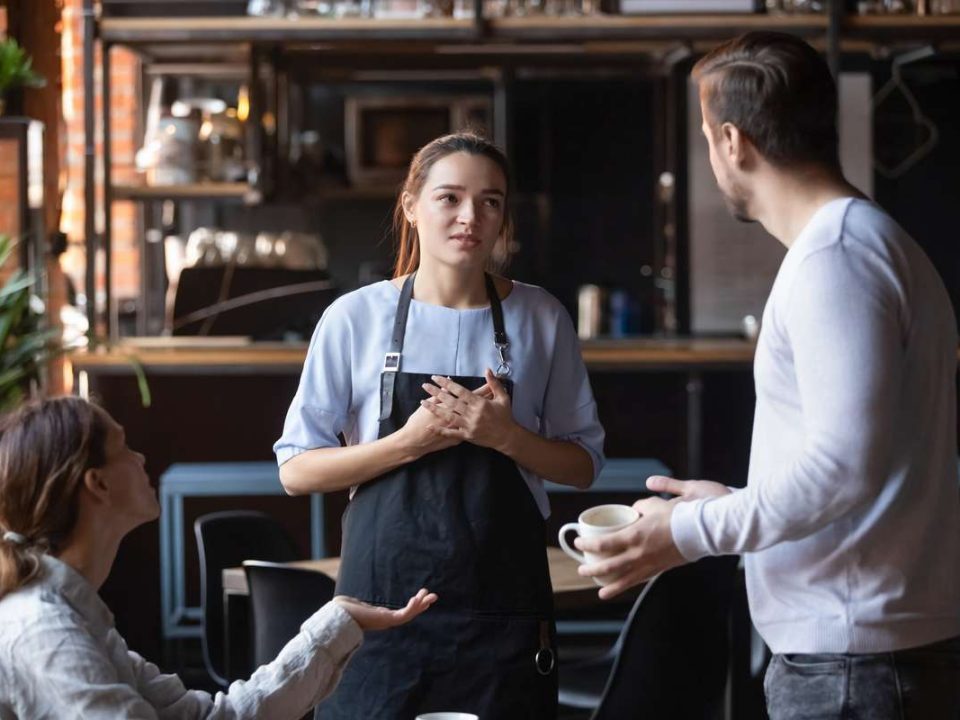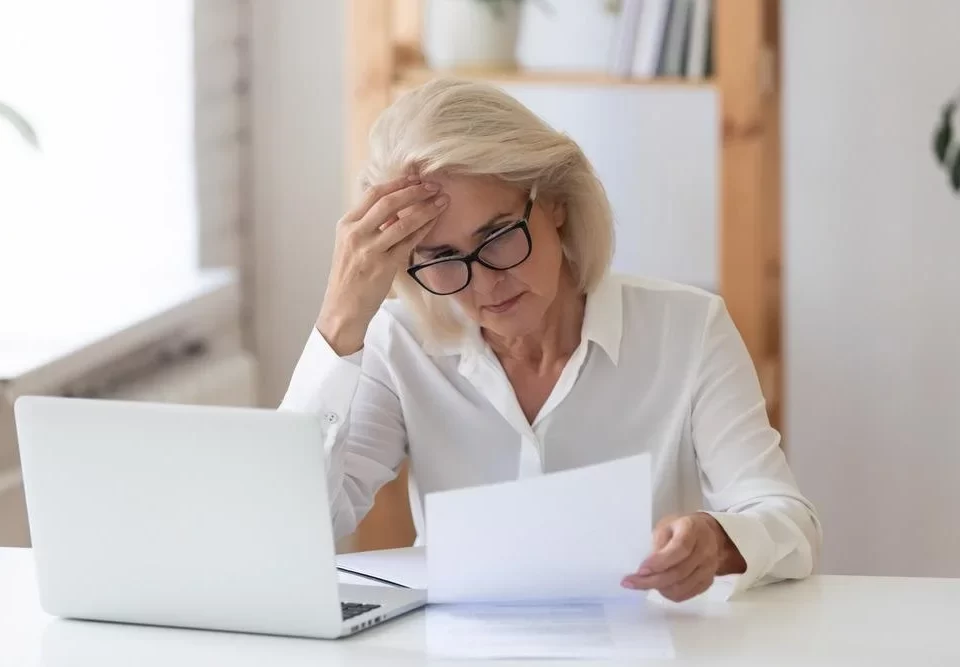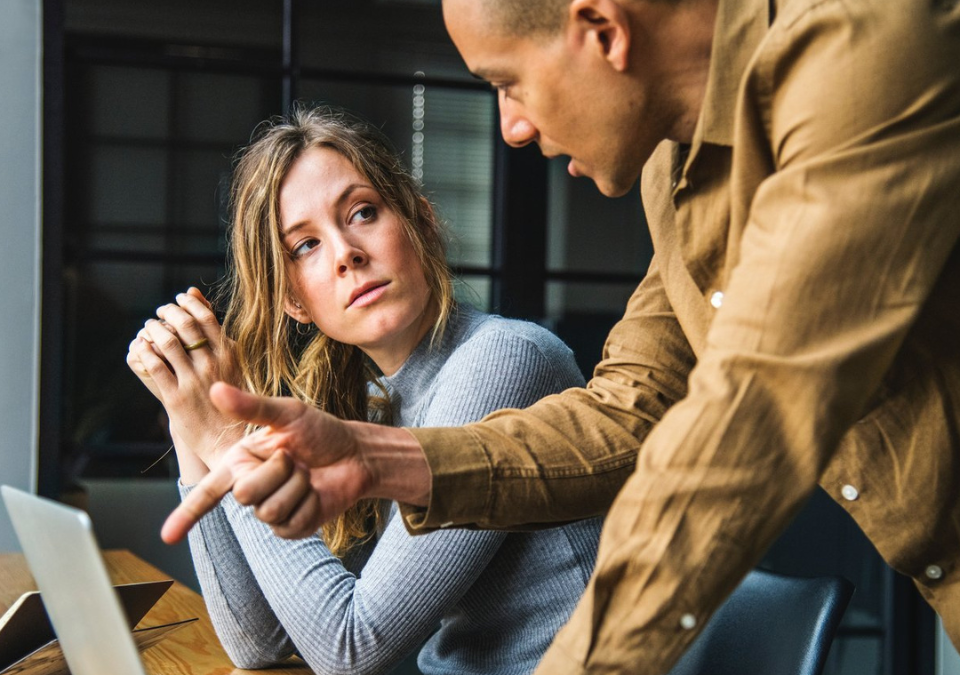The psychological impacts of ‘Fortress Australia’
Noemie Drews is desperate for her two-year-old daughter to meet her grandparents for the first time.
When the Senior Strategy and Commercial Manager left France to move to Melbourne with her Australian husband, she didn’t expect she wouldn’t see her family for more than three years.
“It was always in our contract that when we came to Australia, we would go back often to visit my family,” says Noemie. “We never signed up for not being able to ever go back for years.
“I think a lot of people would never have moved in the first place if we thought that would be the case.”
Until now, the commonly addressed impacts of Covid-19 have included a decline in mental health and wellbeing, increased acute anxiety and loneliness during lockdowns. However, as the pandemic drags on, the closure of borders (domestic and international) is having an immense and mostly unspoken impact on many Australians. Being disconnected from family and friends is the new reality for many. With no end in sight, this is perpetuating a deep sense of loss and grief and lack of control.
“We’re the forgotten of the pandemic,” says Noemie. “The government forgets that 30 per cent of Australians were born overseas, and there’s very little mention of us.”
The loss of connection through COVID is significant and includes feelings of grief around family and cultural rituals we usually share during births, deaths, birthdays, holidays, school, graduations, baby showers, and weddings.
“There seems to be a double standard for the rich and famous,” says Noemie. “It seems that celebrities can come in and out of the country for tv shows, but if your parents are dying overseas and you don’t have the privilege of being rich, you might not be granted permission from the Department of Home Affairs to attend a loved one’s funeral. And that’s sometimes within Australia’s state borders too – people can’t even go to Queensland to see their families.”
Much of what we are experiencing during this pandemic is ambiguous due to the lack of closure, the unknown, and the feeling of being stuck in limbo for an uncertain length of time. Even if someone has a usually positive mindset, it creates challenges to their existing coping strategies.
“You can sort of survive through this time because there’s good reason for border closures and lockdowns, so it makes sense, but it’s hard because we don’t even have a light at the end of the tunnel.”
“The restrictions are changing all the time. It’s really hard to be positive because you’re looking at what’s happening in Sydney, and there’s still no clear date on when lockdown will end or when borders will reopen.”
Recognising the impact of family separation and ambiguous loss has on the mental health of their people, many workplaces like Coles and SEEK are running our Far From Home Wellness Webinar, which gives individuals a range of strategies to help cope with anxiety and stay connected at this challenging time.
“Some days are harder than others as an ex-pat in Covid,” says SEEK’s Diversity and Inclusion Officer, Elizabeth Fritzlaff. “[Transitioning Well’s] Bri Hayllar hit the nail on the head in today’s wellbeing webinar, Far From Home, explaining that what many of us are feeling right now is ‘ambiguous loss’ – the strangeness of being able to stay in touch virtually with friends and family, while missing the richness of the in-person connection and not knowing when we might be able to see each other again.”
“Thank you for your compassionate approach and practical tips to help us at SEEK stay centred and as connected as possible through this time.”
If you’d like to get Bri Hayllar or one of our psychologists in to your workplace to help your people grappling with being far from home, find out more about our COVID Wellness Webinars here or contact us on 1300 824 808 or at info@transitioningwell.com.au



